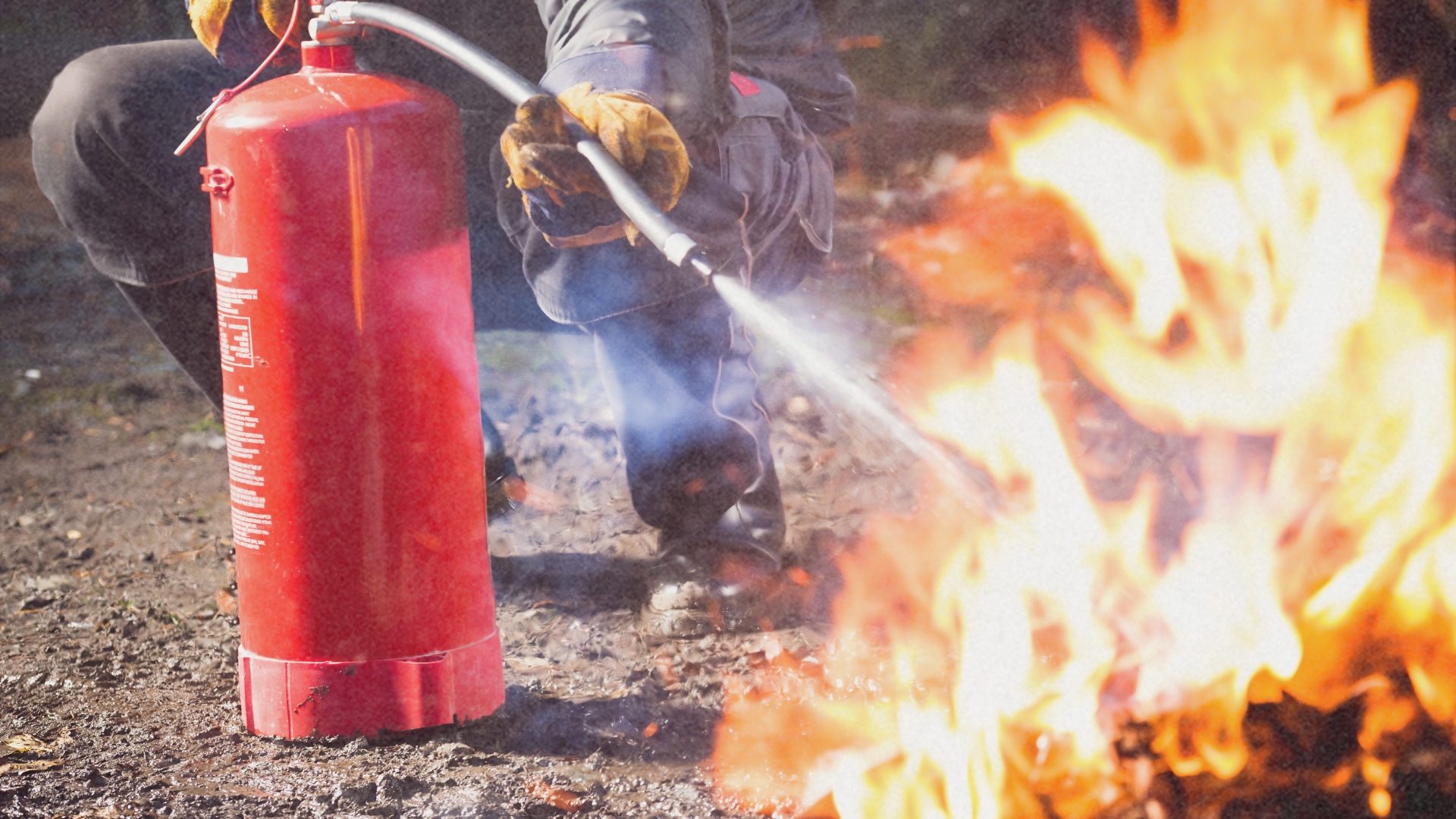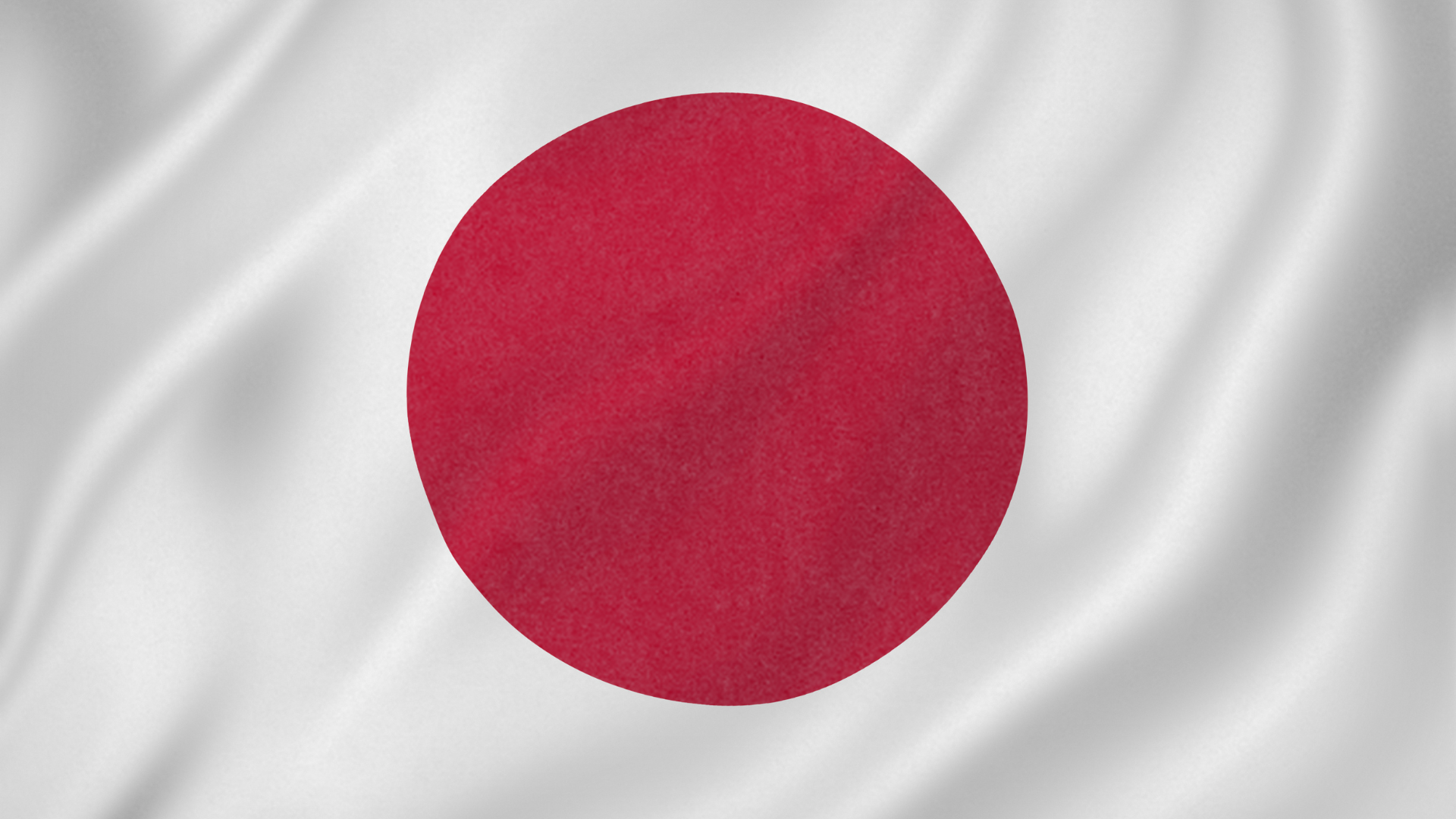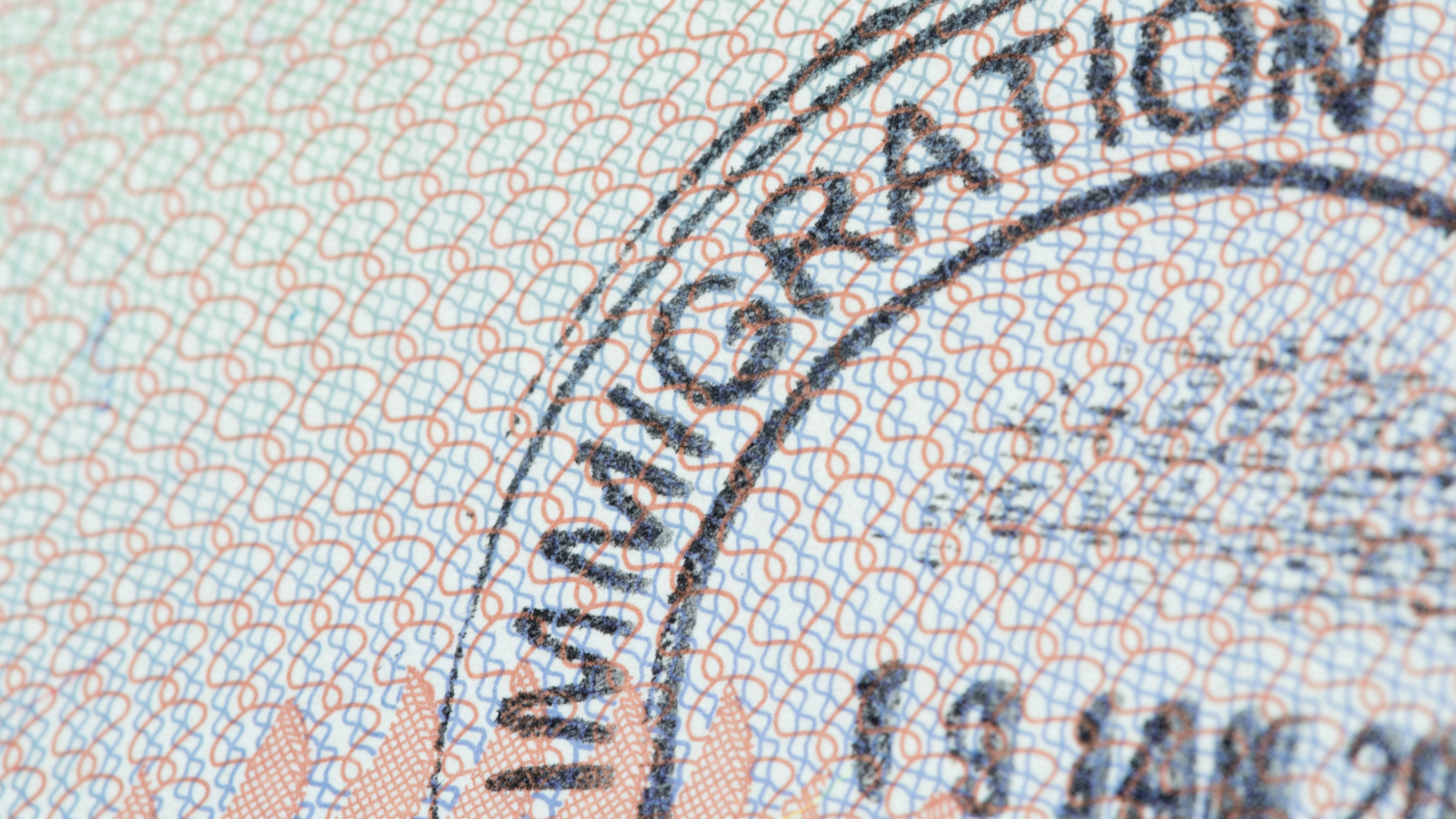The Philippines has maintained its Tier 2 status in the US State Department’s annual assessment of anti-human trafficking programs of countries.
The Global Trafficking in Persons (GTIP) report for this year stressed the need for the Philippine government to improve on many aspects of the anti-human trafficking drive.
The report noted significant improvements in the Philippine government’s campaign against human trafficking.
It cited the increase in the budget of Inter-Agency Council Against Trafficking (IACAT) to $1.5 million or P65 million from $230,000 from the previous year.
It also lauded the government for the apprehension and filing of criminal administrative charges against government personnel suspected of conniving with human trafficking syndicates or aiding their operations, and the continuing accomplishment of the government in the prosecution and conviction of trafficking offenders as well as in helping victims.
It also noted the importance placed by the Philippine government in training public officials, particularly in establishing human trafficking indicators with reference to Filipino migrant workers’ pre-deployment overseas as well as the cross-border efforts of the government to secure the interests and rights of overseas workers through bilateral agreements, particularly labor-related accessions with foreign countries.
However, the GTIP also revealed that the Philippines has yet to fully comply with the minimum global standards to eliminate human trafficking,
Presidential Spokesperson Edwin Lacierda said, “we will continue to improve our efforts and we would like to be taken out from Tier 2.” He added the government is currently tightening the noose against illegal traffickers and recruiter who prey on our hapless countrymen.
The report said human trafficking in the country persists, with people from the provinces being trafficked in urban areas for forced labor and exploitation in the commercial sex industry.
Filipino migrants workers topped the list of victims of “violence, threats, inhumane living conditions, nonpayment of salaries, and withholding of travel and identity documents,” according to the report.
It also cited the vulnerability of Filipino children, highlighting the continued problem of child sex tourism, child combatants in armed conflict, as well as the vulnerability of youth in conflict areas.
“The Philippines is a source country and, to a much lesser extent, a destination and transit country for men, women, and children subjected to sex trafficking and forced labor,” the report said.
Tier 2 status officially recognizes a country’s significant efforts to adhere to the benchmarks prescribed by the US State Department to meet the minimum standards.
Tier 1 countries fully comply with the Trafficking Victims Protection Act (TVPA) minimum standards while Tier 2 countries do not fully comply, but are making significant efforts.





